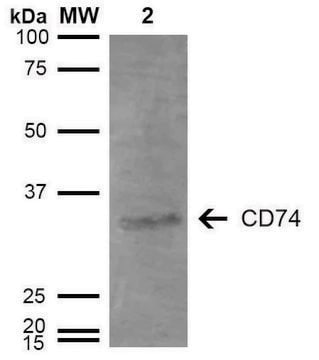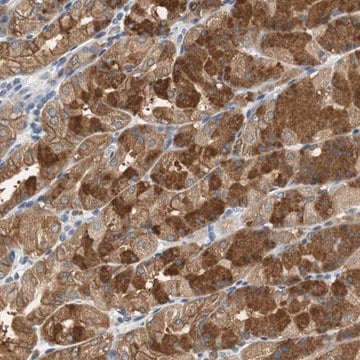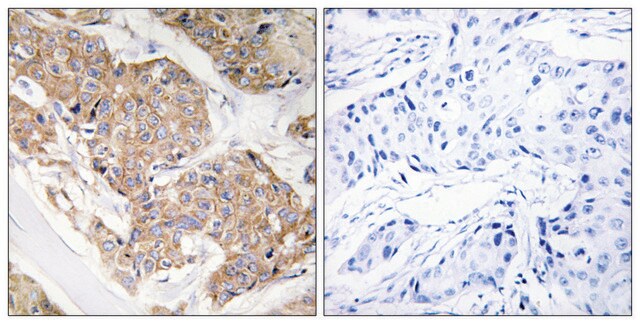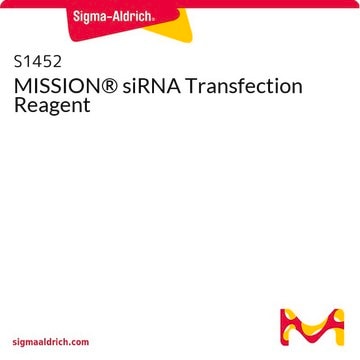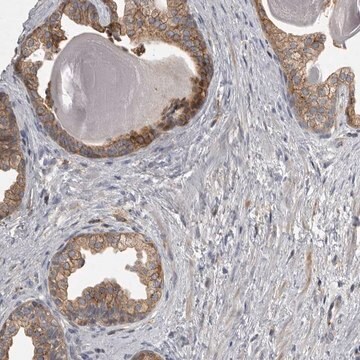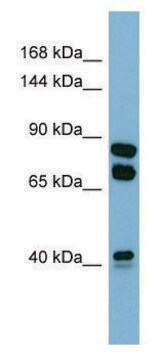SAB1405888
Anti-GPLD1 antibody produced in mouse
purified immunoglobulin, buffered aqueous solution
Sinónimos:
GPIPLD, GPIPLDM, MGC22590, PIGPLD, PIGPLD1
About This Item
Productos recomendados
origen biológico
mouse
conjugado
unconjugated
forma del anticuerpo
purified immunoglobulin
tipo de anticuerpo
primary antibodies
clon
polyclonal
formulario
buffered aqueous solution
mol peso
antigen ~19.9 kDa
reactividad de especies
human
técnicas
western blot: 1 μg/mL
Nº de acceso NCBI
Nº de acceso UniProt
Condiciones de envío
dry ice
temp. de almacenamiento
−20°C
modificación del objetivo postraduccional
unmodified
Información sobre el gen
human ... GPLD1(2822)
Descripción general
Inmunógeno
Sequence
MSAFRLWPGLLIMLGSLCHRGSPCGLSTHIEIGHRALEFLQLHNGRVNYRELLLEHQDAYQAGIVFPDCFYPSICKGGKFHDVSESTHWTPFLNASVHYIRENYPLPWEKDTEKLVAFLFGITSHMAADVSWHSLGLEQGFLRTMGAIDFHGSYSEAHSAGDFGTVYLHLLNFLVV
Aplicación
Acciones bioquímicas o fisiológicas
Forma física
Not finding the right product?
Try our Herramienta de selección de productos.
Código de clase de almacenamiento
10 - Combustible liquids
Clase de riesgo para el agua (WGK)
WGK 1
Punto de inflamabilidad (°F)
Not applicable
Punto de inflamabilidad (°C)
Not applicable
Certificados de análisis (COA)
Busque Certificados de análisis (COA) introduciendo el número de lote del producto. Los números de lote se encuentran en la etiqueta del producto después de las palabras «Lot» o «Batch»
¿Ya tiene este producto?
Encuentre la documentación para los productos que ha comprado recientemente en la Biblioteca de documentos.
Nuestro equipo de científicos tiene experiencia en todas las áreas de investigación: Ciencias de la vida, Ciencia de los materiales, Síntesis química, Cromatografía, Analítica y muchas otras.
Póngase en contacto con el Servicio técnico